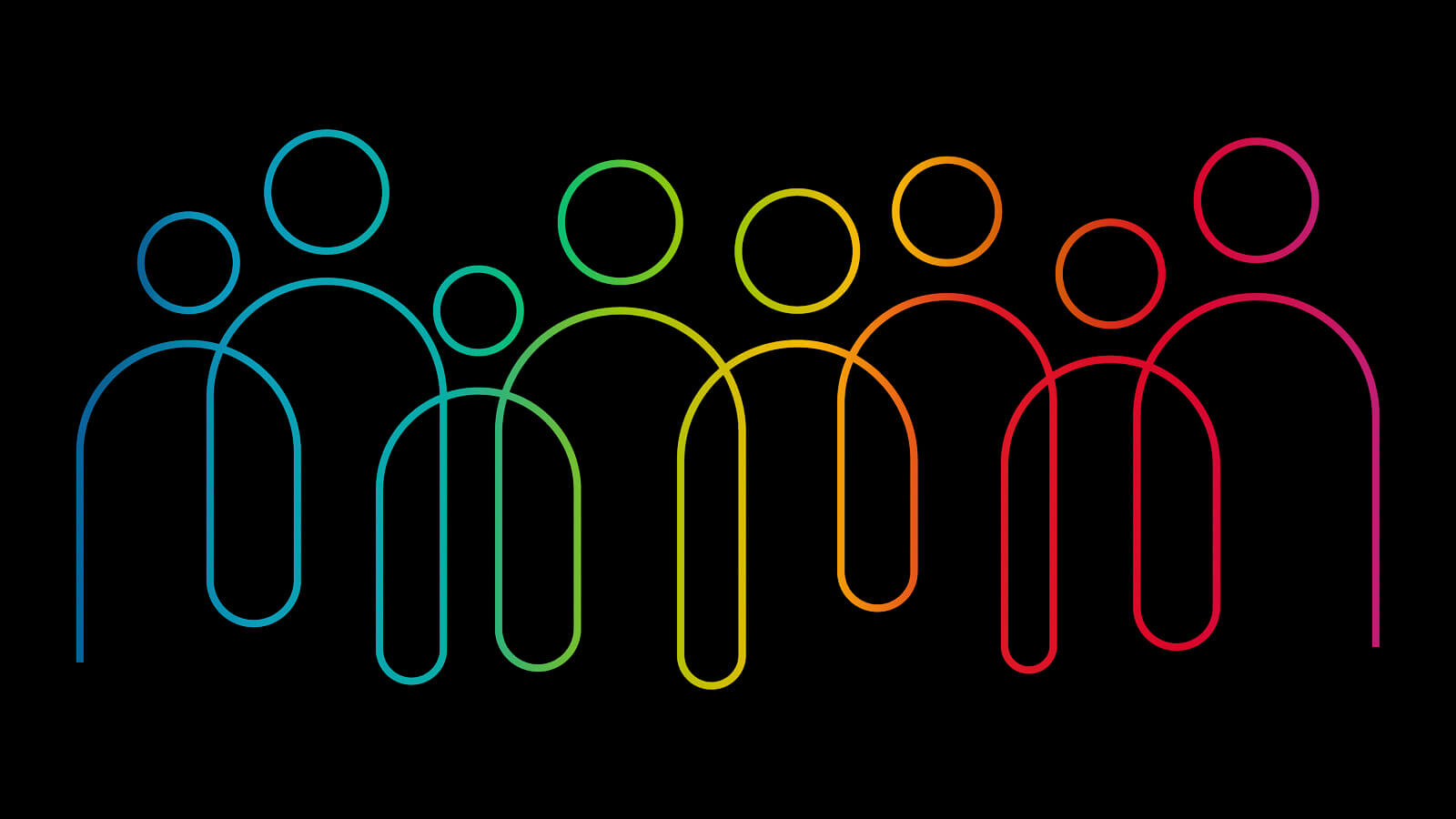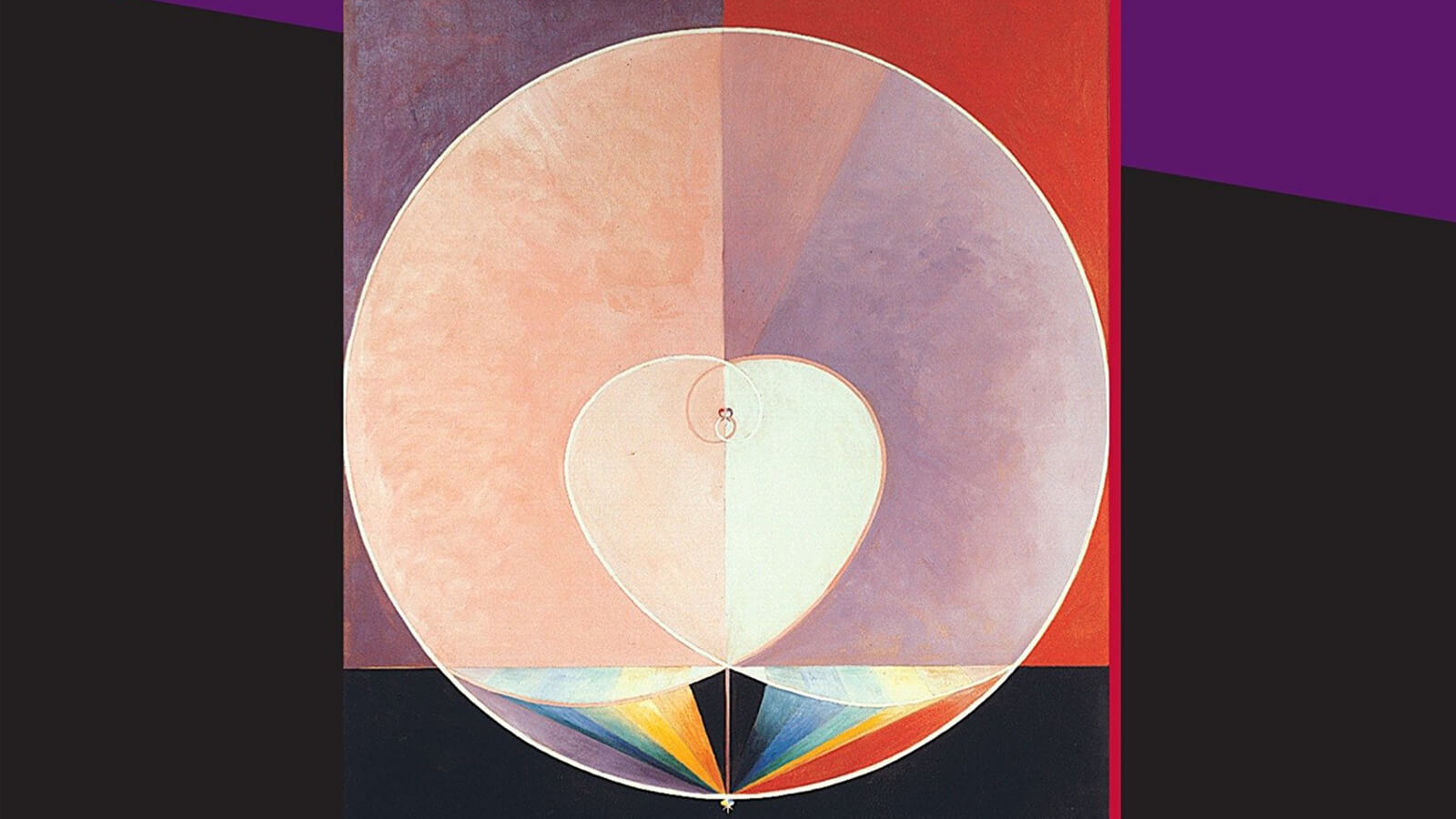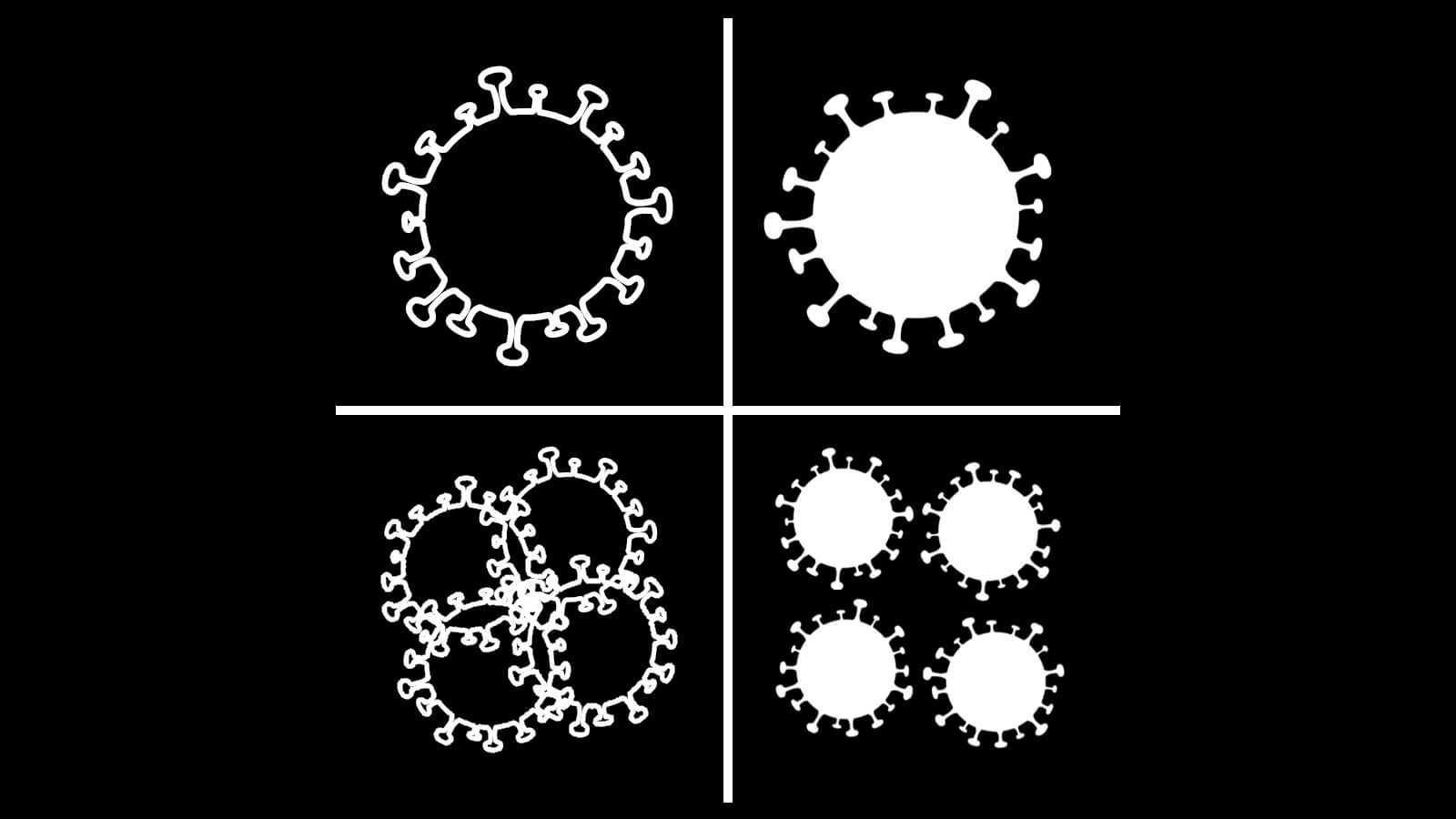
Become a member to access the full episode
Start building your big picture mind & support the global emergence of Integral consciousness

“Integral Life is the most important and globally-relevant platform for the leading edge of Integral consciousness evolution”
– Eugene P.
Ken Wilber and Corey deVos take an in-depth look at the “major and minor scales” of integral politics — an inventory of the most critical elements, polarities, and patterns of self-organization that are at play within all of the major political systems across the world, from the rise of civilization to today.
Major Scales
#1: Internal/External
#2: Individual/Collective
#3: Transformation/Translation (progressive/conservative)
#4: Altitude (levels and lines)
Minor Scales
#1: Lines (e.g. “walk” and “talk”)
#2: Agency/Communion
#3: Progression/Regression
#4: Stage/Stations
#5: Regulator (governing system)
Bonus: Ken’s Utopia
FREE EBOOK
These major and minor scales were first presented in Ken’s eBook, Integral Politics: Its Essential Ingredients, available to download for free.
Download Your Free eBookEach of these major and minor scales exert their influence at all times, but one or two of them often come to the forefront during any given election. The media usually doesn’t know what to do with these multiple drives and polarities, because they are usually locked into the oversimplified “left versus right” frame, and anything resembling “depth” or “nuance” becomes lost in the noise of identity politics, paid propaganda, and true-but-partial partisanship.
We live at a time when an overabundance of low-fidelity information results in a radical oversimplification of our own views, values, and deeply-held political narratives, reducing the incredibly complex machinery of our political system into a winner-take-all gladiatorial contest between opposing tribes and factions. It’s become politics-as-sport, where allegiance to one’s team outweighs our allegiance to a vibrant and fully functioning society. The political pendulum becomes a partisan wrecking ball, where each side is only concerned with demolishing and dismantling the successes of the other.
This discussion, along with Ken’s eBook, will help you bring more discernment and sophistication to your own political views, as well as to those around you. You will gain a far more comprehensive understanding of the issues, policies, and candidates that affect your life, allowing you to more easily identify and include the important partial truths within each of our major political parties and movements. It will also help you to escape the ethnocentric gravity pulling you to identify exclusively with only one side of the street or the other, and avoid the lazy cynicism of false equivalence and simplistic “both sides are the same” narratives.
“Feeling these dimensions and wishing to place them into political action is what generates a political theoria and praxis. However, consciously or unconsciously focusing on only a few of its elements—just a few quadrants to the exclusion of others, or just one level to the exclusion of others, etc.—generates a partial politics, exclusionary and brutalizing in its nature and means.” Ken Wilber, Integral Politics: Its Essential Ingredients
Major Scale #1: Internal/External

Become a supporting member to watch the full conversation
Humanity is entering the Transformation Age, a new era of human civilization, with Integral Consciousness rising at its leading edge. Our members don’t use Integral Life as just another media subscription they use weekly or discard. Instead, most stay with us for years, using Integral Life to learn Integral Philosophy and build an integral mind slowly, methodically and when they need it. We’re here to help you shape the future that’s emerging no matter where your life takes you.
Get Full Access For $1 (7 days)* Or explore all membership plans → * Trial price for the first 7 days, then $20/month. Cancel or switch plans in 2 minutes at any time.“If we are to pick one of the three axes that has most often and consistently been identified with the Left/Right axis, it is the internalist/externalist one. Virtually all schools of the Left—including new Left and old Left and everything in between— believe in some form of external causation of human suffering. Whatever happens to you, it is not your fault! It is society’s fault. How to cure that is another thing. But the cause is clear to the Left: it is bad nurture, not bad nature, that causes human suffering. Likewise, both old and new Right both believe in the fundamentally interior cause of human suffering, from family values to the work ethic, or lack thereof. Thus, if we have to pick only one, we say that the Left is externalist and the Right is internalist.” —Ken Wilber
Major Scale #2: Individual/Collective

“[An Integral approach to politics] therefore suggests that neither individual nor collective is primary; there is simply an occasion, and that occasion has both individual and social dimensions, both of which are equiprimordial, neither of which can be reduced to the other or elevated above the other. Therefore, any political theory that wishes to accord with the actual architecture of reality—or simply the nature of present experience— needs to harmoniously balance both individual and collective, private autonomy and public autonomy, subjective and intersubjective, and not ignore either of those, or try to reduce it to the other or use it to trump the other.” —Ken Wilber
Major scale #3: Transformation/Translation (progressive/conservative)

“A healthy holon is faced with two basic choices: upward transformation, driven by Eros, or healthy translation, driven by Agape. Hence, the transformation/translation axis in healthy practice is essentially the same as the progressive/conservative axis, and, when used in that sense, we call both of them the third major axis.” —Ken Wilber
Major Scale #4: Altitude (levels and lines)

“Each holon possesses those three major axes (internalist/externalist, individualist/collectivist, progressive/conservative), but, as always, all of those exist only at a particular altitude, so it is necessary to specify the altitude of any political idea or movement, in both its theoria and its praxis. What level does it spring from? What level does it serve? This is the levels scale (#4, or the fourth and last major scale we use). This scale is very important, because the most basic values of a political movement (not its only values, just its most fundamental values) will be set by its altitude—after all, one can be amber progressive, orange progressive, green progressive, turquoise progressive, etc. Or one can be amber conservative, orange conservative, green conservative, etc. Likewise, one can be amber collectivist, orange collectivist, green collectivist, etc. Or amber externalist, orange externalist, green externalist, and so on. Being a collectivist or a conservative or a progressive, and so forth, usually pales in significance to its altitude, although all of them are important and necessary for an Integral indexing.” —Ken Wilber
Minor Scale #1: Lines (e.g. “walk” and “talk”)

“For a finer analysis of altitude, we look not just at the general level of a political theory or movement, but what developmental levels in what developmental lines? In particular, what level does it talk (the cognitive line)? And what level does it walk (the self line, or the center of gravity, COG)? And in both of those lines, what level does it come from, and what level of constituency does it actually address—i.e., what is not only the theorist’s but the masses’ center of gravity?” —Ken Wilber
Minor Scale #2: Agency/Communion

“Translation (i.e. the third major scale) itself can emphasize agency or communion, both of which fall under the Agape drive at any given level, which is the drive to conserve and preserve that level (and its lower-level constituents) using healthy translation, or agency-and-communion at that level.” —Ken Wilber
Minor Scale #3: Progression/Regression

“If a holon actually changes levels (and doesn’t just reach up or reach down—but moves up or moves down), that transformative change can be either progressive or regressive in character. Normal progression, or upward transformation, is driven by healthy Eros (unhealthy Eros is repression, or Phobos, i.e., driven essentially by fear), while regression, or downward movement, is driven by unhealthy Agape, or Thanatos (i.e., the dissolution/death drive), so the Eros/Thanatos opposition gives us the minor scale known as the progression/regression scale).” —Ken Wilber
Minor Scale #4: Stage/Stations

“How many levels of consciousness does a political theory authentically address? It does no good to say that I am taking the whole Spectrum into account if I cannot tell you exactly how to let red be red and amber be amber and orange be orange and green be green—and still govern from turquoise. Without cracking that nut, there is no Integral. As noted, adults will stop their development at any number of stages—there will always be red adults and green adults and indigo adults—and that is their right. At any point in history, the political ideal is to let each stage be itself, and govern from the highest reasonably available at any given time.” —Ken Wilber
Minor Scale #5: Regulator (governing system)

“Another minor scale that is sometimes important and can be included is the role of the Governor or Regulator, which every social holon possesses (this scale runs from nonexistent anarchist to minimalist Guardian to maximalist State; this is the Regulator scale, and we usually present it as minimalist/maximalist Regulator). This scale often overlaps, but is nonetheless distinct from, the (#2) individualist/collectivist axis (i.e., while it is true that many collectivists are State interventionists, some collectivists wish to achieve collectivism via means other than State intervention, such as naturalism or local communitarianism). Although minimalist/maximalist is often enfolded in the individualist/collectivist axis because of their frequent overlap, this is nonetheless an independent variable.” —Ken Wilber
BONUS: Ken’s Utopia

We hope you enjoyed this episode of The Ken Show! Let us know what you think in the comments below, and also be sure to let us know if you have any questions for future episodes!
FREE EBOOK
These major and minor scales were first presented in Ken’s eBook, Integral Politics: Its Essential Ingredients, available to download for free.
Download Your Free eBookPrevious Episodes of The Ken Show
About Ken Wilber
Ken Wilber is a preeminent scholar of the Integral stage of human development. He is an internationally acknowledged leader, founder of Integral Institute, and co-founder of Integral Life. Ken is the originator of arguably the first truly comprehensive or integrative world philosophy, aptly named “Integral Theory”.
About Corey deVos
Corey W. deVos is editor and producer of Integral Life. He has worked for Integral Institute/Integal Life since Spring of 2003, and has been a student of integral theory and practice since 1996. Corey is also a professional woodworker, and many of his artworks can be found in his VisionLogix art gallery.






















